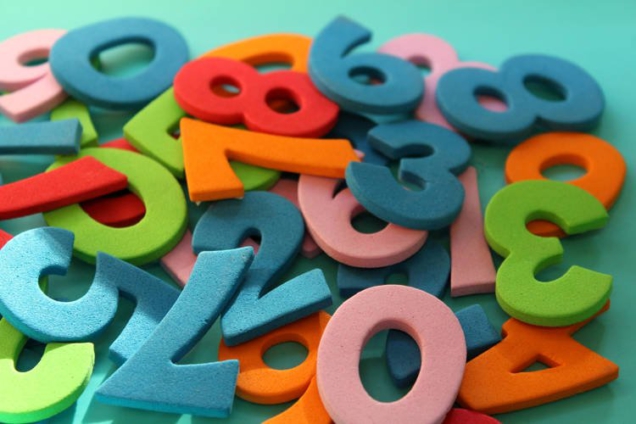Scientists at Johns Hopkins University recently reported the strange case of a man whose rare degenerative brain disease left him unable to distinguish basic numbers from 2 to 9.
After studying an engineering geologist diagnosed with a rare degenerative brain disease called corticobasal syndrome for eight years, researchers published a study which they claim suggests that a brain response to a picture or a word does not necessarily mean that person is aware of it.
The protagonist of their research had suffered neurological damage to such an extent that he could not distinguish or reproduce numbers between 2 and 9, nor pictures or words with such digits embedded in them. And yet, electroencephalography (EEG) results showed that his brain was able to properly identify all pictures and words, even id he wasn’t aware of it.
“When he looks at a digit, his brain has to ‘see’ that it is a digit before he can not see it – it’s a real paradox,” Johns Hopkins University cognitive scientist Michael McCloskey said.
“In this paper what we did was to try to investigate what processing went on outside his awareness.”
Stranger still was the fact that the patient, referred to only as RFS, could still understand letters, symbols and even the digits 1 and 0. Anything between 2 and 9, though, was a total blur, as evidenced by the results of his attempts to reproduce numbers like 8. He himself described what he was seeing as “spaghetti”.
Most people suffering from corticobasal syndrome experience symptoms like memory issues, muscle spasms, and difficulty walking, but RFS also exhibited an inability to perceive, identify and reproduce most Arabic numbers. Interestingly, over the eight years they studied the man, scientists were able to devise a surrogate number system that RFS was able to use to continue working until his retirement. It was meant on the figure ‘1’ and various letters.
In one experiment, the team tried putting an image or a word inside a large number or a group of numbers, and RFS simply could not identify them, even though he was perfectly able to when numbers were out of the picture. What was really shocking was that EEG results showed that while he wasn’t aware of what was behind the digits, his brain certainly could.
“He was completely unaware that a word was there, yet his brain was not only detecting the presence of a word, but identifying which particular word it was, such as ‘tuba’, Harvard University cognitive scientist Teresa Schubert said.
“His brain detected the faces in the digits without his having any awareness of them,” said VA Boston Healthcare’s David Rothlein added. “These results show that RFS’s brain is performing complex processing in the absence of awareness.”
Latest Stories
-
Ghana Armed Forces promotes young soldier who rejected galamsey bribe
25 minutes -
NFFA elects Michael Kwetey Tetteh as its president
48 minutes -
NPP outlines guidelines ahead of 2025 National Delegates Conference
55 minutes -
Ken Ofori-Atta’s extradition: FBI clears first major hurdle – No witch-hunt
1 hour -
NDC executives deny involvement in rogue anti-galamsey taskforce
2 hours -
Bailiff jailed four years for forging judge’s signature
2 hours -
Presidency launches gov’t accountability series to enhance transparency
3 hours -
2024 Election: Bawumia’s early concession undermined results collation – Inusah Fuseini
4 hours -
Judge orders Trump administration to stop immigration arrests without probable cause in Southern California
4 hours -
What Ghana Must Fix: ISSER’s GSDO 2024 report exposes key social gaps in housing, jobs, and governance
4 hours -
“I want to help with ideas” – Socrate Safo to creatives in government
5 hours -
Prof. Nana Ama Browne Klutse: Championing environmental sustainability and youth employment in Ghana
7 hours -
Ablekuma North rerun: ‘I was only there to de-escalate the situation’ – Mustapha Gbande
7 hours -
I was once a footballer – Socrate Safo reveals
7 hours -
See the blackout areas as ECG’s planned maintenance proceeds today
9 hours

